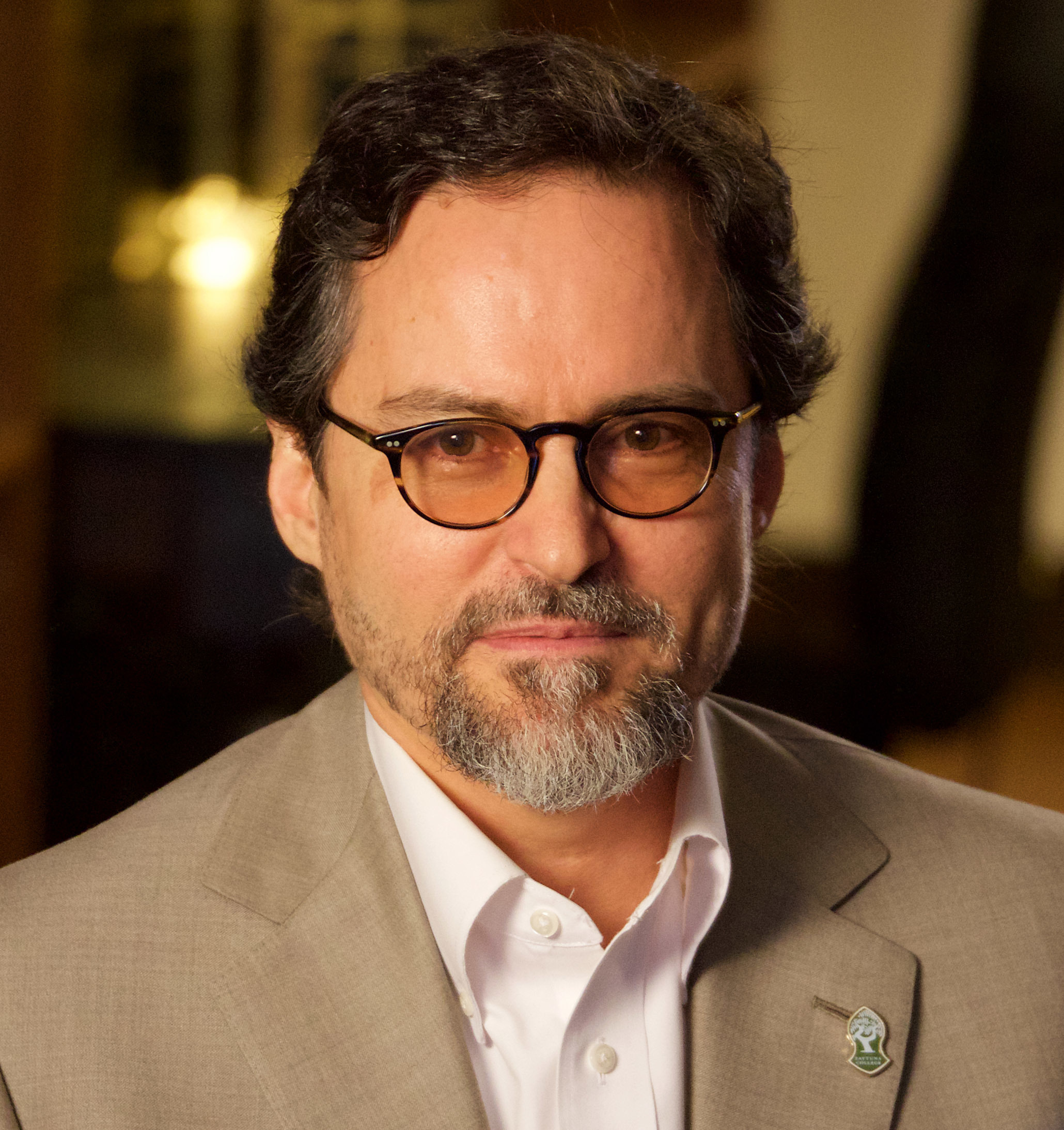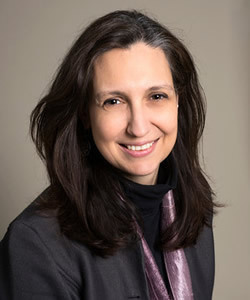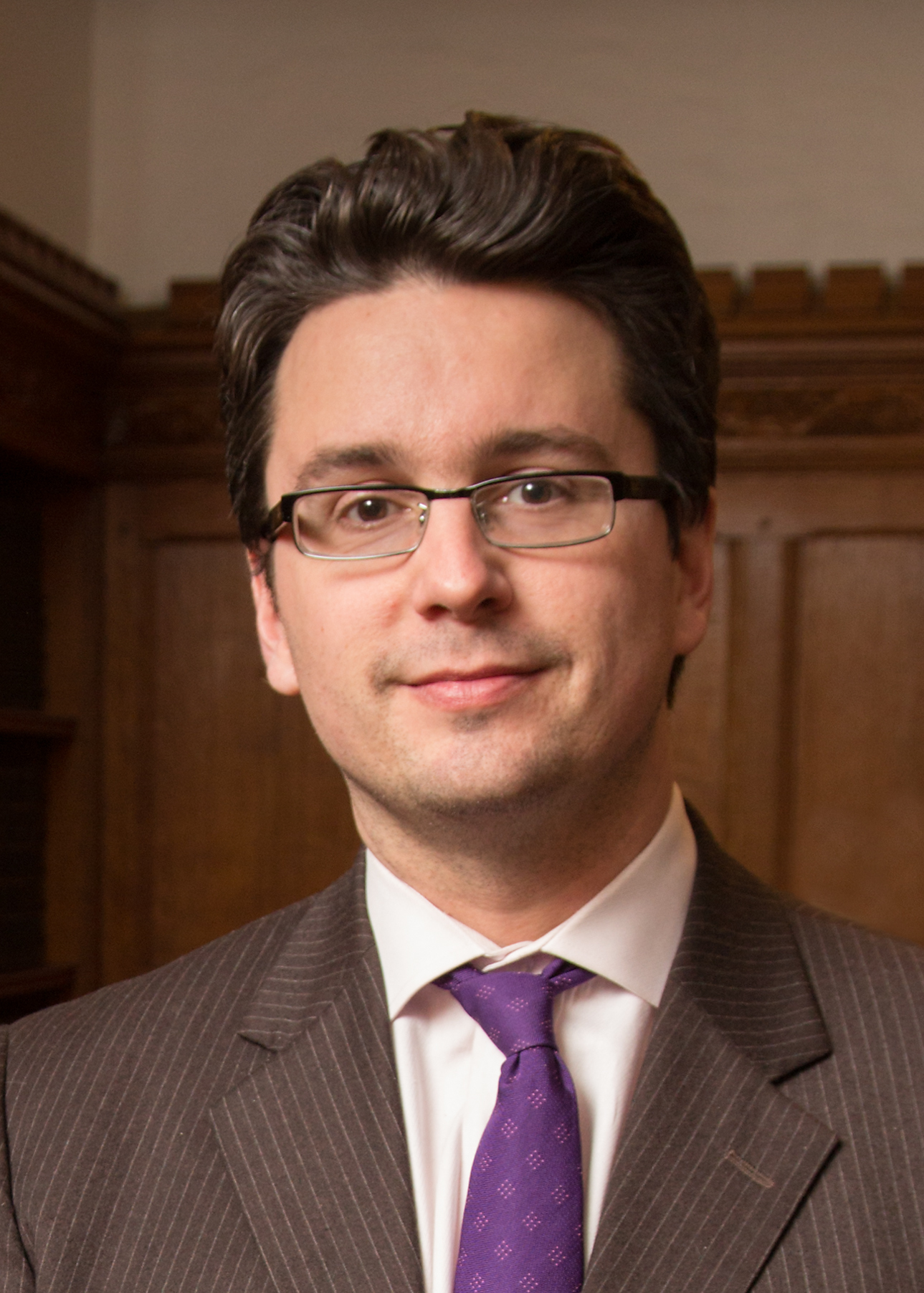INFORMATION COLLECTION AND USE
Renovatio/Zaytuna College is the sole owner of the information collected on this site. Your personal information is never shared and is always protected by 256-bit encryption.
DONATIONS
In order to make a donation on this website to Renovatio/Zaytuna College, a user must first complete the donation form. On the donation form, the user must provide contact information and financial information. This information is used to process donors’ contributions, provide donations receipts, and generate donor reports. This information is also used to get in touch with the user in case we face trouble processing a particular donation. This information is also used to send program materials and tax receipts.Renovatio/Zaytuna College uses Blackbaud.com as its merchant account service to process credit card/debit card donations and Bank of America Direct for checking account donations. Blackbaud.com and Bank of America Direct do not share or use donors’ personal information for any secondary purposes.
COOKIES
We use cookies to improve the user experience, personalized content and adverts, and analyze website traffic. For these reasons we may share your usage data with our social media, advertising and analytics partners. You can change your renovatio.zaytuna.edu cookie settings as well as view the renovatio.zaytuna.edu Cookie Policy at any time by clicking "Cookie Preferences" found in the footer of every page of our website.
Sharing / CCPA (DO NOT SELL)
Renovatio/Zaytuna College does not share its donor data with any other organization or group. There is no need to opt-out of the sale of your data because Renovatio/Zaytuna College neither shares nor sells donor data.
MAILING LIST
Users who join Renovatio’s mailing list will only receive information about Renovatio. People who make a donation to Renovatio/Zaytuna College will receive periodic mailings fromRenovatio/Zaytuna. Users can opt out from their email subscription at any time by clicking here and entering the subscribed email address.
SECURITY
This website takes every precaution to protect our users' information. When you submit sensitive information via this website, your information is protected both online and offline. All sensitive data entered (such as names and credit card numbers) is encrypted and is protected with the highest level of 256-bit encryption — SSL. While we use SSL encryption to protect sensitive information online, we also do everything in our power to protect user information offline. All of our supporters' information, not just the sensitive information mentioned above, is restricted in our offices. Stored credit card information is stored and processed using PCI Certified servers/ecommerce software, thus maintaining the highest level of protection. If you have any questions about the security of our website, you can send an e-mail to [email protected].
LINKS
This website contains links to other sites. Please be aware that Renovatio/Zaytuna College is not responsible for the privacy practices of such other sites. We encourage our users to be aware when they leave our site and to read the privacy statements of each and every website that collects personally identifiable information. This privacy statement applies solely to information collected by this website.
NOTIFICATION OF CHANGES
If we decide to change our privacy policy, we will post those changes on our website so our users are always aware of what information we collect, how we use it, and under what circumstances, if any, we disclose it. If we decide to change our privacy policy in a material way, for example, use personally identifiable information in a manner different from that stated at the time it was collected, we will ensure existing users will always have a choice as to whether or not we use their information in this different manner.






